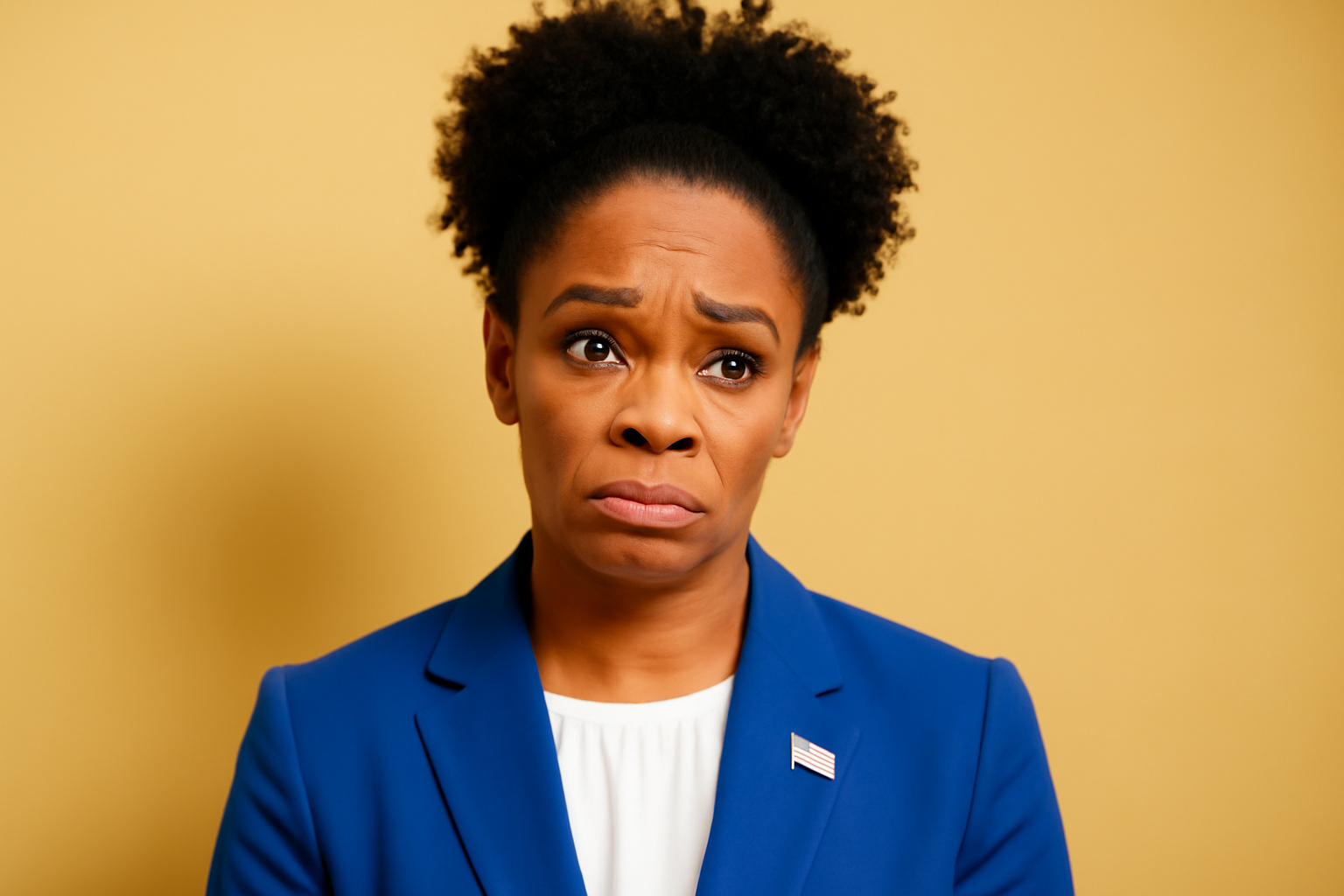
Amber Ruffin, a celebrated comedian and late-night TV host, has been removed as the host of this year's White House Correspondents’ Association (WHCA) dinner. Her removal comes after she publicly criticized the current administration and refused to adhere to WHCA's instructions regarding the tone of her performance.
Known for her witty insights and sharp humor on "The Amber Ruffin Show," Ruffin was announced as the headliner for the prestigious event just under two months ago. However, the WHCA board, consisting of nine executive members, decided unanimously to relieve her of her hosting duties. The decision has sparked discussions about the role of comedy in politics and the boundaries of political criticism.
WHCA's Role and History
The White House Correspondents’ Association was established in 1914 to protect journalists’ access to the White House and ensure a free press. The annual dinner, often referred to as the "Nerd Prom," has historically served as an opportunity for journalists, politicians, and celebrities to gather under one roof, ostensibly to celebrate press freedom and journalistic achievements.
The event is infamous for its comedic roasts of political figures. In recent history, the 2011 dinner was particularly memorable, with then-President Barack Obama delivering a series of humorous jabs at Donald Trump, who was in attendance. The tradition of comedic performances has sometimes led to controversies, with past hosts pushing the boundaries of satire and critique.
"A Bunch of Murderers"
Amber Ruffin, who came out as queer last year during Pride month, was clear about her stance when invited to host the dinner. She refused to balance her comedic critique between Republicans and Democrats, asserting that the current administration's actions were too severe to be downplayed.
In an interview, Ruffin described the administration as "kind of a bunch of murderers," citing policies she believes have harmed marginalized communities. Her statement reflects a broader sentiment among critics who argue that the administration's policies have been detrimental to social justice and equality.
Ruffin's refusal to tone down her critique led to her removal. She argued that presenting both parties as equally flawed would humanize a government that, in her view, should be held accountable for its actions.
Political Reactions
The decision to remove Ruffin was met with mixed reactions. Deputy White House chief of staff Taylor Budowich took to social media, labeling Ruffin a "second-rate comedian" and accusing the WHCA of supporting a "hate-filled and violence-inspiring event." His comments reflect the administration’s sensitivity to criticism and the ongoing tensions between the White House and media outlets.
Conversely, many supporters of Ruffin argue that her removal is indicative of a broader issue regarding freedom of speech and the press's role in holding power to account. They claim that stifling her voice at such a high-profile event undermines the very principles the dinner is meant to uphold.
WHCA's Official Statement
Eugene Daniels, the gay president of the WHCA, issued a statement explaining Ruffin's removal. He stated, "At this consequential moment for journalism, I want to ensure the focus is not on the politics of division but entirely on awarding our colleagues for their outstanding work and providing scholarship and mentorship to the next generation of journalists."
Daniels emphasized the importance of maintaining a respectful and inclusive atmosphere at the dinner, focusing on journalistic achievements rather than political disputes. However, critics argue that avoiding political division may dilute the event's purpose of speaking truth to power.
The Future of the Dinner
The White House Correspondents’ Dinner continues to be a focal point for discussions on the intersection of politics, media, and comedy. This year's event, scheduled for April 26, remains in the spotlight as the WHCA searches for a new host and navigates the complexities of its relationship with the current administration.
Notably, the White House recently announced its intention to control which journalists can attend press briefings, favoring right-wing media outlets. This decision marks a shift towards a more controlled media environment, raising concerns among free press advocates.
As the dinner approaches, questions linger about who will replace Ruffin and how the event will balance celebrating journalism with addressing contentious political issues. The outcome will likely influence perceptions of the WHCA and its role in the current media landscape.
Engage with us and share your thoughts! We encourage a respectful and open discussion in the comments below.
Related Posts
Fantastic Four: First Steps Unveils Marvel's Powerful, Pansexual Hero
**The Fantastic Four: First Steps - A New Era Begins** *The Fantastic Four: First Steps* kicks off an exciting chapter in Marvel's cinematic universe by introducing a key player: Franklin Richards. This adaptation, much like its comic book inspiration, takes us on a journey as Franklin grows from a baby with mysterious abilities, eventually becoming one incredibly powerful character in Marvel's l [...]
The Evolution of NFL Draft Scouting Reports: From Vivid Descriptions to Bland Profiles
While scrolling through dating app profiles not too long ago, I came across some strikingly descriptive lines that caught my eye: - "V-shaped torso with a well-defined upper body, good bubble, developed calves, and good chest thickness." - "Muscular frame with well-developed arms, shoulders, and chest, thick thighs and calves, a tight waist and abdomen, and good bubble." - "Solid, thick build wit [...]
Rep. Andrea Salinas Advocates for the Protection of LGBTQ+ Crisis Support Line
A mother's mission: standing up For LGBTQ+ mental health When Rep. Andrea Salinas (D-OR) got a frantic call from her daughter, who identifies as a lesbian, she felt a wave a fear wash over her. Every parent knows that feeling—the desperate urge, almost an ache, that you have when your child's in pain. "It's harrowing being on that call, promising help when every instinct screams that you need m [...]